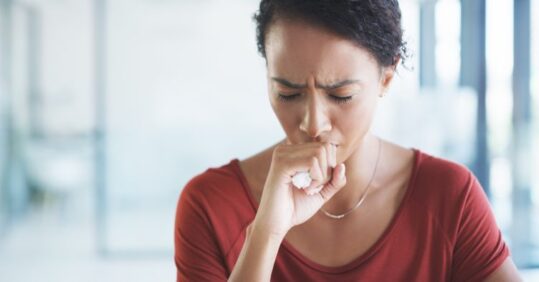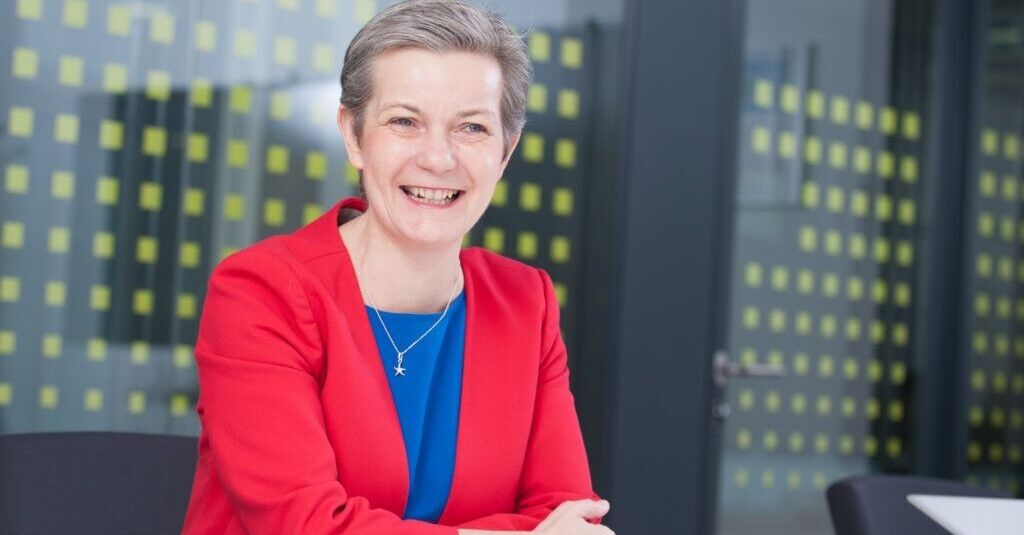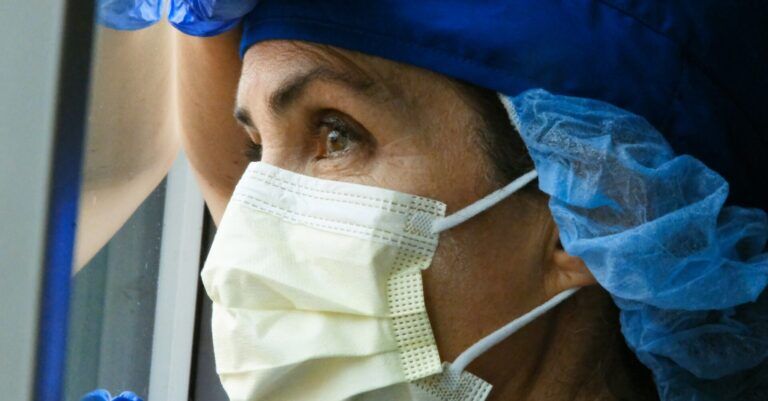Many Covid-symptomatic patients are attending face-to-face appointments having only had a negative rapid lateral flow test, putting general practice staff at risk, GPs have warned.
Current rules dictate that patients should stay away from their GP practice and have a PCR test, while seeking advice from NHS 111, if they have any Covid symptoms such as a cough, fever or loss of taste and smell.
However, GPs have told Nursing in Practice sister title Pulse that in many cases symptomatic patients believe taking a rapid lateral flow Covid test (LFT) which shows a negative result means that they can stop self-isolation, including seeking face-to-face appointments.
The BMA previously warned the Government’s offer of free rapid coronavirus tests for all could be ‘seriously counterproductive’ if the public is not made aware of their limitations.
These concerns are heightened as more patients are expecting to be seen in person in general practice following NHS England’s guidance to practices that said patients must now be offered face-to-face appointments if that is their preference.
Official Government figures show that patients sought just 853,000 PCR tests between 29 April to 5 May – less than half the number carried out between 31 December and 6 January, during the peak of Covid (1.96 million). This is despite general practices reporting an increase in respiratory illnesses since the easing of lockdown.
West Midlands GP Dr Samara Afzal told Pulse: ‘So many people are calling in with coughs and colds. Then they say they’ve done a Covid test. When you ask which one, they say lateral flow.’
She said that the rollout of the LFTs to the entire public has ‘created more of a problem’, as ‘people are falsely reassured and happy doing what they would normally do’, rather than seeking a PCR test.
Dr Vinay Patel, Hackney and City LMC chair, said Covid symptomatic patients using LFTs has become a ‘massive problem’ causing infection concerns. He added that ‘we’re educating them’ and ‘our message is everyone in the country has to keep on [PCR] testing because we’ve got to know when cases are going up’.
Dr Patel also suggested NHS England’s face-to-face guidance, which includes allowing patients to walk in to surgeries to be triaged in person, was not safe.
He said: ‘We’ve got PPE but the impact is the waiting room and the reception area. You open the front doors, it’s very hard to maintain social distancing and the flow of people coming in to their seat and out of the door. There is a risk there for people that are more relaxed about testing.’
Hertfordshire GP Dr Neena Jha said there is also often a ‘misinterpretation’ of what the Covid symptoms are, as people believe they need to experience all the main symptoms – a fever, cough and loss of smell or taste – together to be infected.
She added: ‘What’s also difficult is patients aren’t interpreting their symptoms as Covid at all, and they’re coming in for another symptom like abdominal pain or a rash, and then during the consultation, they disclose that they’re having symptoms of Covid.’
She added for Covid symptomatic patients, ‘we would still see them if they need to get seen, but we would separate them from our patients who don’t have Covid or who are vulnerable’.
Bristol GP Dr Jessica Watson said: ‘I’m trying to be careful with the triaging step to ensure that I ask patients specifically what type of Covid test they have used when they tell me they have had a negative result.’
She added: ‘It’s not the same as people going to the shops or visiting relatives. If people are coming into a GP practice, we have potentially got vulnerable groups who might be sitting in the waiting room – people who are at higher risk of complications from Covid.
‘We have a responsibility to protect them and not to be spreading Covid within our clinical setting, so it’s really important to have a robust system to prevent people with Covid symptoms unnecessarily coming in. Through the triaging system we are using we are able to reduce that risk at the moment.’
Dr Watson added that there needs to be ‘improved public messaging around which tests should be used when’, adding that there has been so much focus on LFTs that people have ‘forgotten’ about PCR, and that this is because the ‘messaging is getting lost’.
Other GPs took to Twitter to voice their concerns about the same issue.
UK guidance for anyone experiencing Covid symptoms remains to ‘get a PCR test (test that is sent to a lab) to check if you have Covid-19 as soon as possible’; while ‘you and anyone you live with should stay at home and not have visitors until you get your test result – only leave your home to have a test’.
Many practice nurses have continued to carry out the majority of work face-to-face throughout the pandemic.






